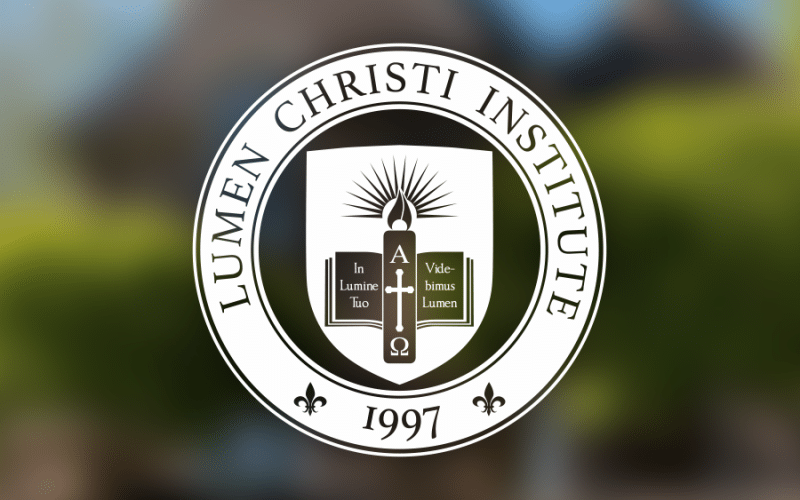Imago Dei: Philosophical Approaches to the Human Being as Image of God
University of Chicago 5801 S Ellis Ave Chicago, IL 60637, Hyde Park, ILThis conference addresses the following questions: What constitutes the image of God? How are we to understand Augustine’s claim that human beings come to understand both who they are and who they have been only through relationship with God? How do St. Thomas Aquinas and Blaise Pascal remain within or depart from the Augustinian tradition? What role do Aristotelian and Platonic (or neo-Platonic) conceptions of human identity and the soul play? Lastly, as Genesis offers an essentially relational account of “Imago Dei,” in what way can we discover or participate in such relationship with God through social relationships?
